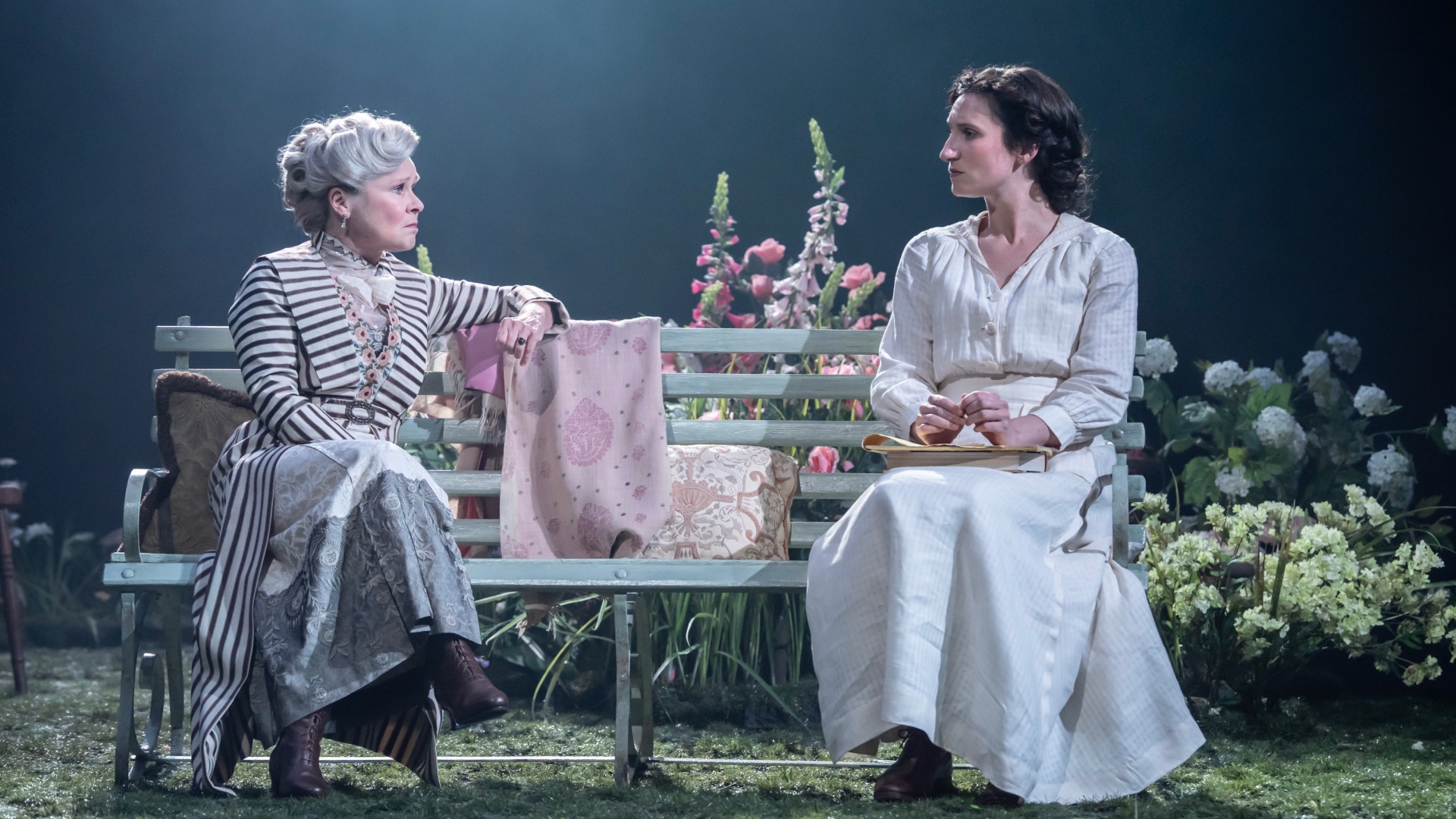Mrs. Warren’s Profession at Garrick Theatre, London review: Curiously limited
A predictable story, sluggish midsection and painfully bare staging undermine Olympic level acting in this new take on George Bernard Shaw’s 1893 play, writes Attitude's Jamie Tabberer

Stage and screen legend Imelda Staunton stars alongside her real-life daughter, Bridgerton‘s Bessie Carter, as a parent and child at war in this West End revival of George Bernard Shaw’s 1893 play — and it’s not exactly stunt casting. If anything, the connection is underplayed: the characters couldn’t be more different, and their tense dynamic, like 19th-century versions of Eddie and Saffy from Absolutely Fabulous, is so well drawn, their sharply contrasting performances so convincing, that this reviewer only realised they were related after the curtain fell. (To this end, Carter recently told The Guardian: “Fortunately there’s a line in this play about how you can’t tell that the characters are mother and daughter, because you wouldn’t really pick us out in a crowd [as related]. But it’s always been a life dream of mine to work together.”)
There are similarities, of course: both boast a commanding stage presence (gorgeous costumes elevate the characters further; Imelda’s fashionable Kitty, with her strikingly structured bustle gown, belongs on a Victorian-era runway) and handle Shaw’s dense, quick-witted dialogue with ease. The linguistic gymnastics of their thrilling climactic argument, upon the revelation of Mrs. Warren’s titular clandestine career, is Olympic level acting.
The issue is the thinness of the story itself. Going in blind, Attitude correctly guessed Kitty’s job — and a resulting plot twist, no doubt a bombshell at the time — well in advance, and promptly began losing interest. Perhaps it’s unfair to judge a 132-year-old play by the narrative expectations of today’s more twist-hungry audiences. Still, the sluggish midsection drags, a problem not helped by the lack of an interval.
The staging — what little there is of it — is undeniably charming. Most of the action unfolds in a picturesque garden, like an Impressionist painting brought to life. (If the flowers are fake, they’re convincing.) Naturalistic lighting adds to the scene’s beauty. But it becomes hard to stay visually engaged: at points, the garden is dramatically (and inelegantly) rearranged by extras, but looks hardly any different for it. Most of the design budget, it seems, went into a descending wall that signals Vivie’s move to her office — a bland, featureless room so forgettable it barely registers. The desk and a couple of chairs alone would have done the job just as well.
Of the supporting cast, Reuben Joseph is the standout as Vivie’s softer-than-he-seems tomcat love interest. He’s got comic timing in spades, and fizzes with so much charisma and confidence that he easily steals the show. To be fair, the acting is top notch across the board, and the play’s themes of capitalism, feminism and moral hypocrisy are eerily pertinent today. But the exercise nevertheless comes off as oddly dry. No shade to director Dominic Cooke; this writer saw his sensational staging of Follies starring Staunton in 2017. But misfires happen. Perhaps setting this in more modern times, like the recent Barbican production of Anton Chekhov’s The Seagull, could have saved it.
